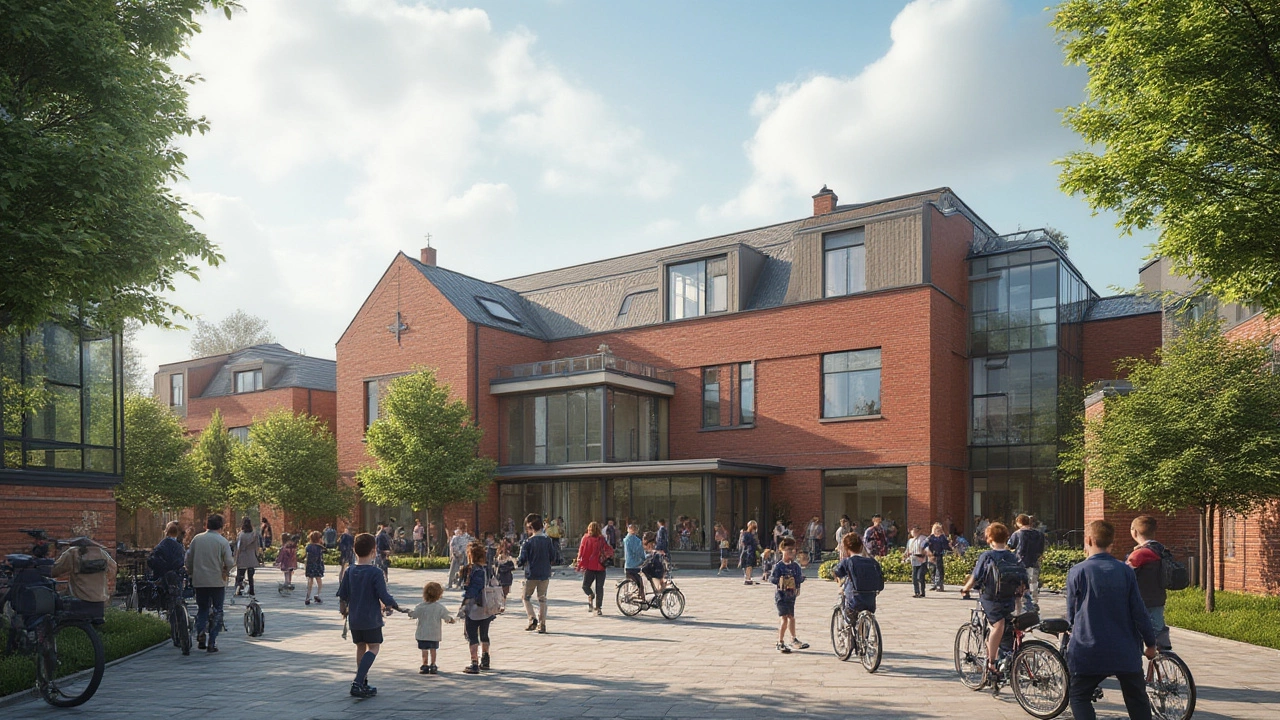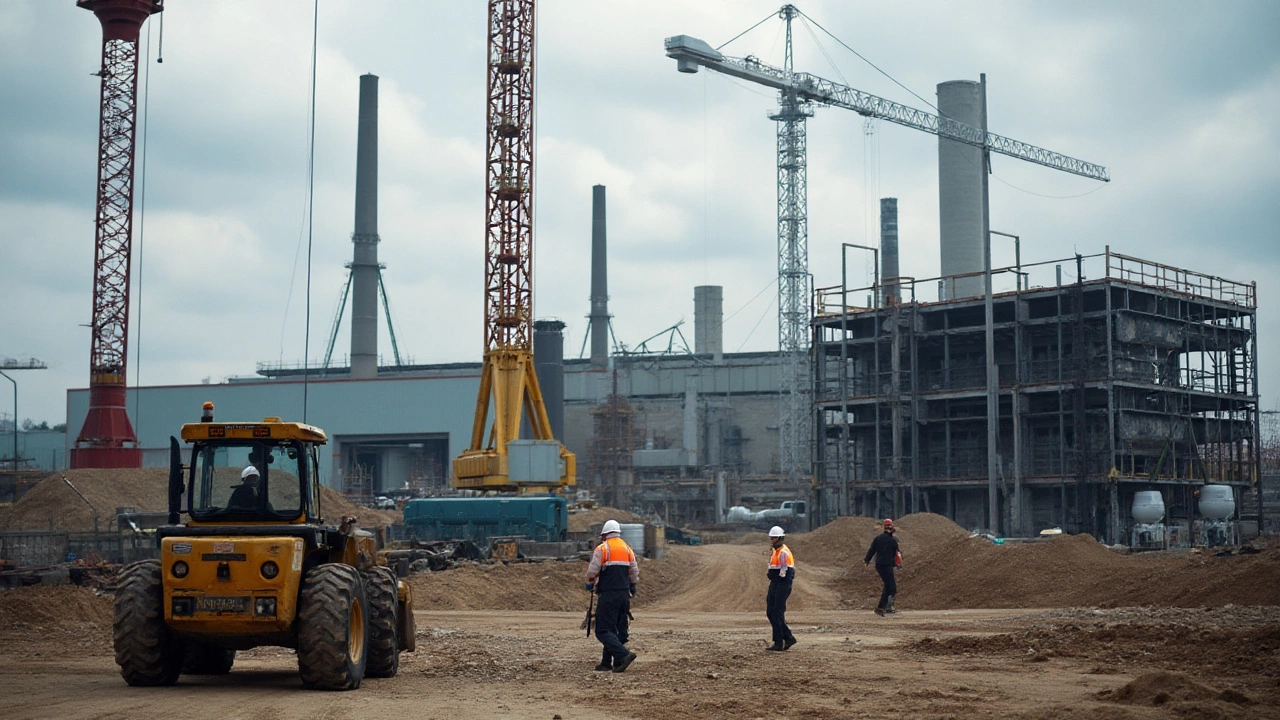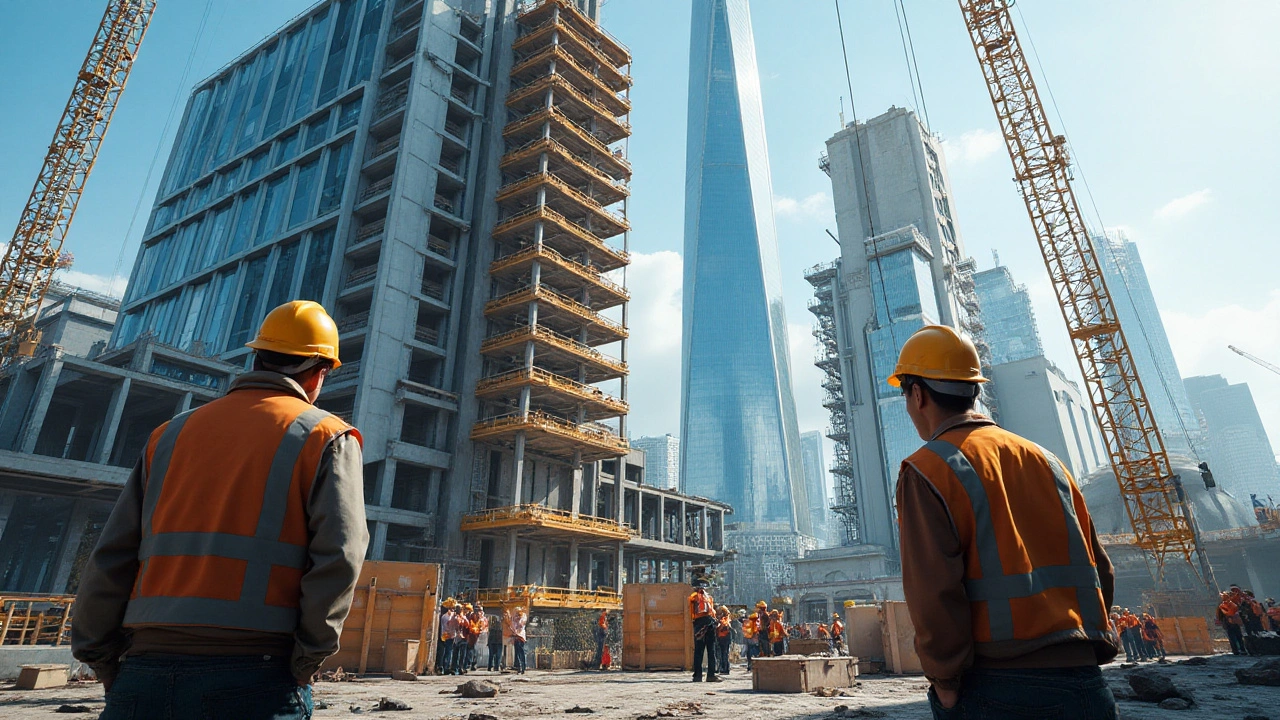Industrial Construction: What You Need to Know
Thinking about a warehouse, factory, or any large‑scale build? Industrial construction brings its own set of rules, materials, and deadlines. It’s not just a bigger version of a house extension – you’ll deal with heavy loads, strict regulations, and often tighter budgets. Below you’ll find the most useful pointers to keep your project on track, from planning to finishing touches.
Key Areas in Industrial Construction
First off, understand the core components. Foundations for industrial sites must handle heavy machinery, so you’ll see deeper footings and reinforced concrete more often than in residential builds. Materials like steel frames, pre‑cast panels, and high‑strength cement are standard because they speed up erection and stand up to wear. Regulations also differ; many projects need a building notice or full planning permission, especially if they affect transport routes or local ecosystems.
Safety is another big piece. Unlike a home, a construction site may host cranes, forklifts, and high‑volume electricity. A solid risk assessment, proper signage, and regular site inspections can prevent costly stoppages. Pay close attention to fire safety – industrial units often require fire‑resistant cladding and sprinkler systems, which should be factored in early to avoid redesigns.
Practical Tips for Managing Projects
Start with a detailed brief. Know the exact load‑bearing requirements, ceiling heights, and any future expansion plans. This helps you choose the right structural system and avoid surprises later. When you’re budgeting, include hidden costs like soil testing, ground‑water management, and waste disposal; they can add up fast.
Pick contractors who specialize in industrial work. A lower‑tier contractor might handle a small refurbishment, but for a full‑scale build you’ll need a team experienced with large foundations and steel erection. Check their past projects, ask for references, and verify they hold the proper licences.
Communication is your secret weapon. Keep a shared schedule, hold weekly on‑site meetings, and use simple tools like photo logs to track progress. If you notice a crack or settlement issue early – for example, a foundation crack wider than 2 mm – call a structural engineer straight away. Small problems can become huge if ignored.
Finally, plan for the handover. Industrial clients often want comprehensive documentation: as‑built drawings, maintenance manuals, and warranty info. Providing these at the end saves time and builds trust, especially if the building will be sold or leased later.
Industrial construction may feel intimidating, but breaking it down into clear steps makes it manageable. Use the guides linked on this page for deeper dives into foundation repair, cost‑effective building methods, and contractor selection. Armed with the right knowledge, you can keep your project on schedule, on budget, and built to last.



